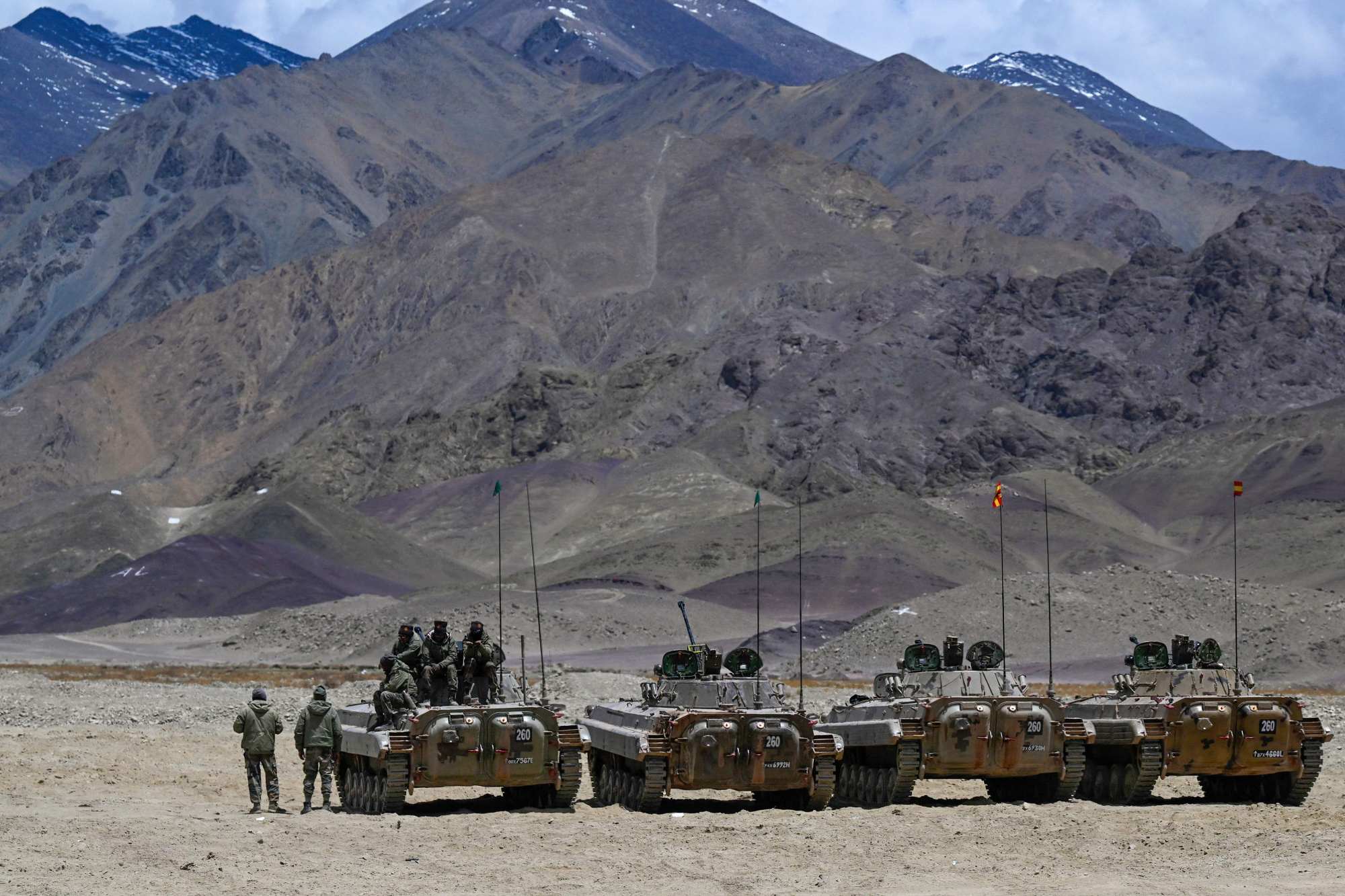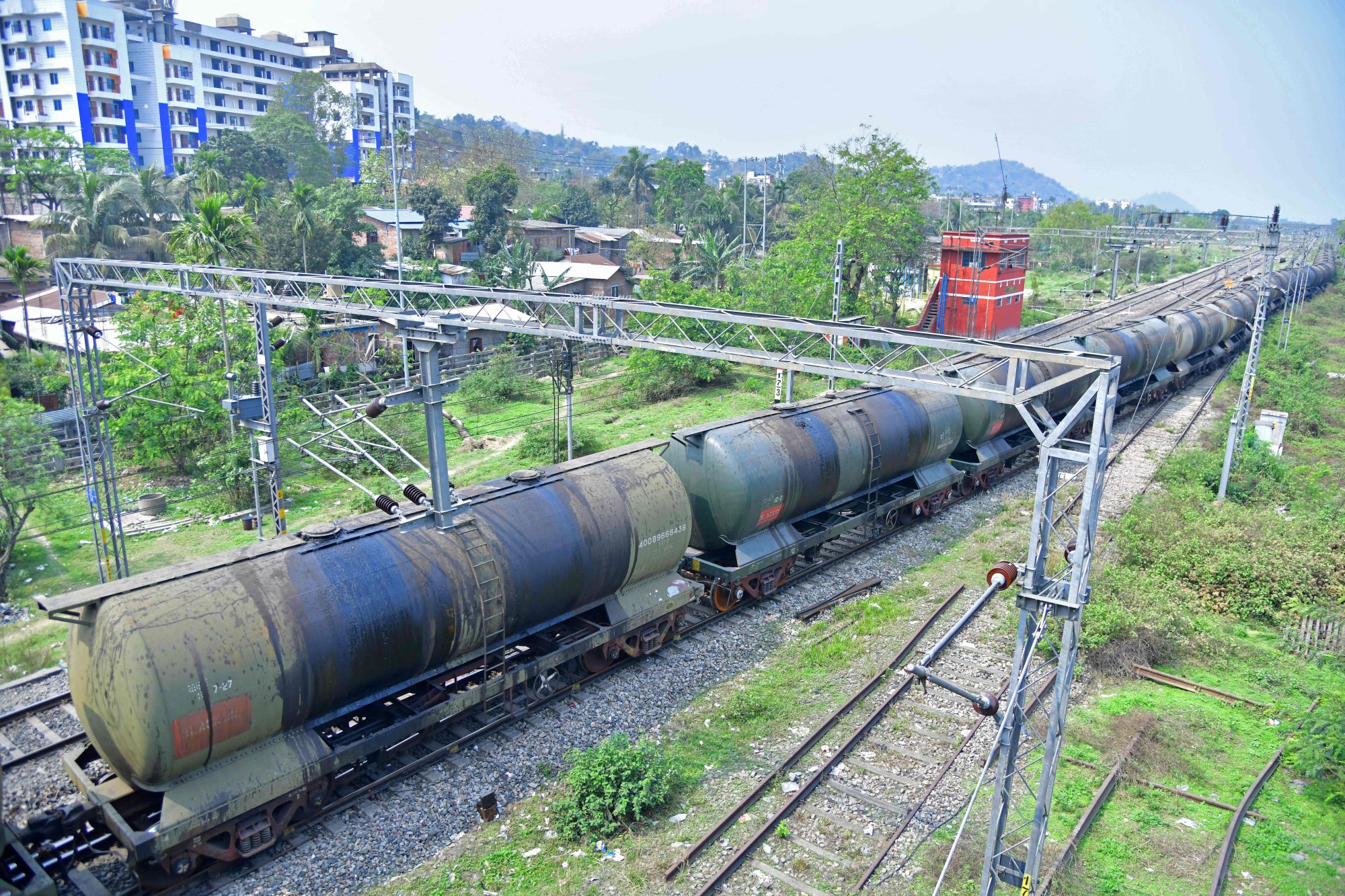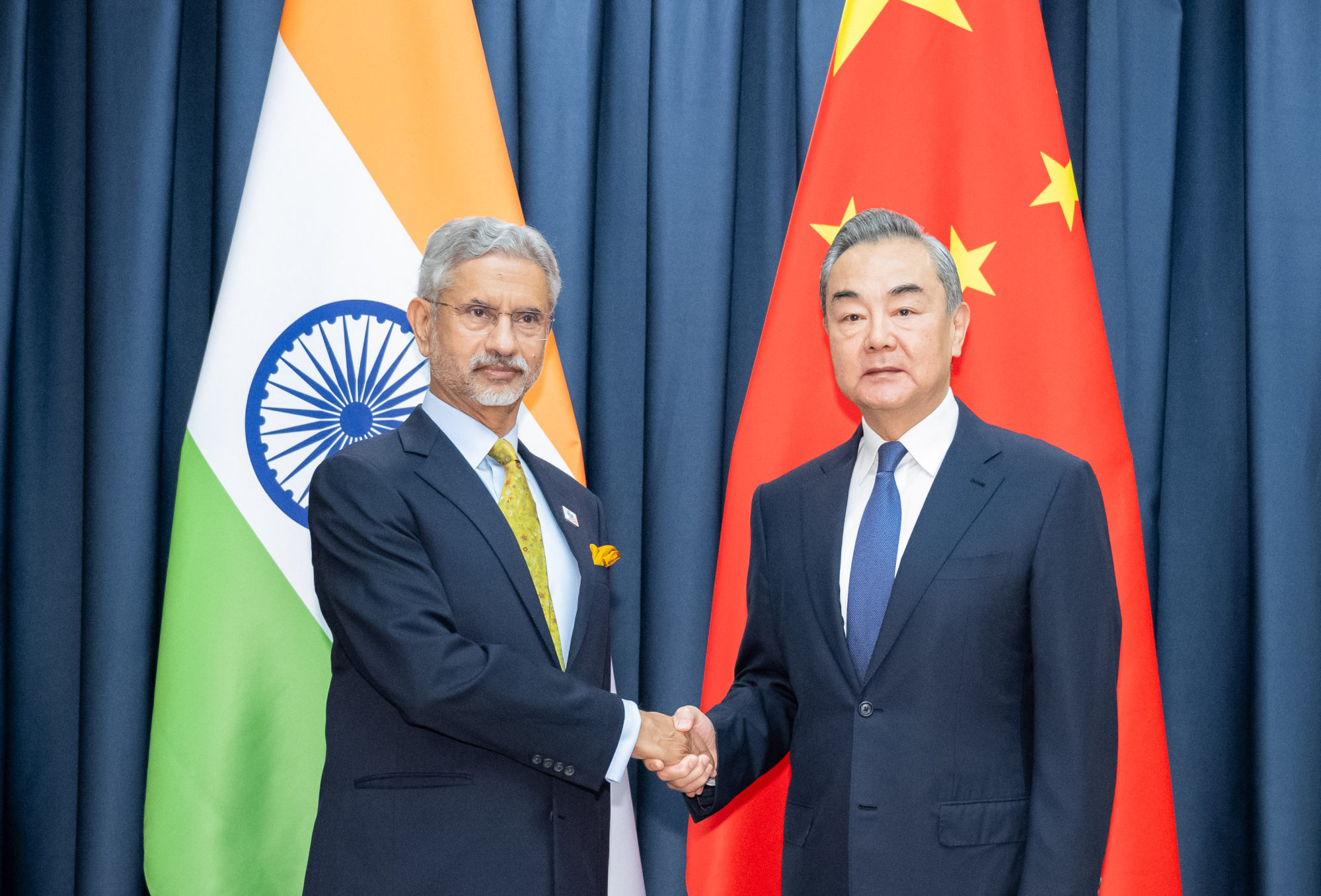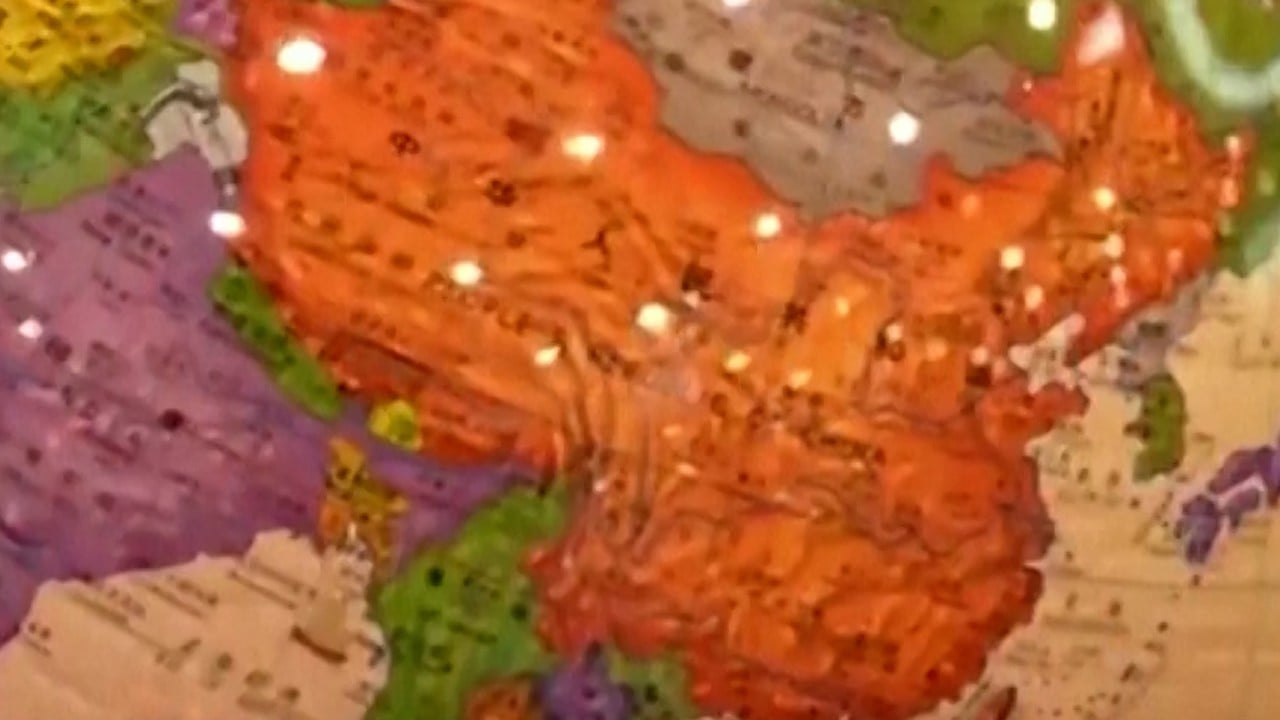Modi’s Russia visit a sign of India’s unresolved tensions with China, analysts say
Instead, Foreign Minister S Jaishankar was tasked to attend the meeting, with Delhi claiming the dates clashed with India’s first session of parliament under Modi’s third-term government.

Analysts are divided on whether Modi’s decision signals his unwillingness to engage directly with Xi at the regional meeting due to the outstanding border issues that have remained a source of tension since their troops clashed in 2020.
But what is clear is Modi is more than willing to meet Putin, with the Kremlin confirming on Thursday that the Indian prime minister is scheduled to travel to Moscow on Friday for a two-day visit.
Harsh Pant, an international relations professor at King’s College London, said Modi probably wanted to avoid “the optics of meeting Chinese President Xi Jinping” to signal that the “top Indian leadership will not engage with China at the highest level unless something changes in the Chinese approach” to resolving the border issue.
At the same time, Modi wanted to emphasise the importance of India’s historically strong ties with Russia by planning a visit, Pant said.
“This will be his [Modi’s] first visit to Russia in his third term. He is underscoring the importance of this relationship.”
It will also be Modi’s first visit to Moscow since 2015, though he has met Putin regularly at other venues. Their last in-person meeting was in 2021 when Putin visited Delhi.
The Indian prime minister will be breaking convention by visiting Russia instead of neighbouring countries in South Asia after being elected for a third term, which analysts suggest is due to Russia and India maintaining strong ties despite Moscow’s ongoing war in Ukraine.

India has become a major buyer of Russian oil since other countries placed embargoes on the commodity following Moscow’s invasion of Ukraine.
Russia has also been a major supplier of arms and heavy military equipment to Delhi for several decades.
However, India has in recent years increasingly shifted towards Western allies for military supplies and engaged them more deeply on strategic defence ties.
At the same time, India has countered US and European nations’ efforts to cast Russia as a pariah state, for example by abstaining from UN votes condemning Russia’s invasion of Ukraine.
Moscow has signalled its increasing dependence on Beijing amid Western efforts to isolate the country, a development Delhi is wary about. Putin went to China in May, the first foreign visit since the start of his latest term in office.
“India would not like to see Russia completely falling into the Chinese sphere,” Pant said, adding that Modi wanted ties between India and Russia to balance out Moscow’s relationship with China.
Western allies have frowned on India’s purchases of oil and weapons from Russia – especially since it is a member of the Quad, the quadrilateral security bloc that includes the US, Australia and Japan.
Analysts say that while Western nations are unlikely to be happy about Modi’s visit to Russia, the Indian prime minister will be conscious about balancing interests.
Manoj Joshi, distinguished fellow at the Observer Research Foundation, said supplies of arms and equipment, including delays in the supply of S-400 mobile surface-to-air missile systems, were among the issues that the two leaders were likely to discuss.
Payment snags for oil deals due to Western sanctions on Russia were also likely to be on the agenda, he said. The short duration of the visit “indicates that India is not going to go overboard” in keeping Western interests in mind, Joshi added.
At a meeting with Xi on Wednesday, Putin hailed the SCO as “one of the key pillars of a fair, multipolar world order”, and said ties between Moscow and Beijing were “experiencing the best period in their history”.
Indian Foreign Minister Jaishankar met his counterpart, China’s Wang Yi, on the sidelines of the summit, where he reportedly reiterated Delhi’s demand for a resolution to the border issue.

Sreeradha Datta, an international-affairs professor at Jindal Global University in Haryana, said there was no ambiguity about India’s stance in prioritising the border issue with China, though Beijing would prefer to move ahead on other issues such as trade.
“That is the core for India and until China agrees to have a discussion on that, the rest is not important enough,” she said, adding that sending a senior minister such as Jaishankar to the SCO meet showed Delhi was still giving importance to the grouping.
Modi’s visit to Russia only showed that Delhi would maintain its foreign policy stance of trying to maintain cordial relations with as many countries as possible, Datta said.
“I think India is balancing its interests extremely well,” she said, adding that the nation’s ties with Western powers including the US would not be affected by Modi’s visit to Moscow.
Additional reporting by Associated Press
